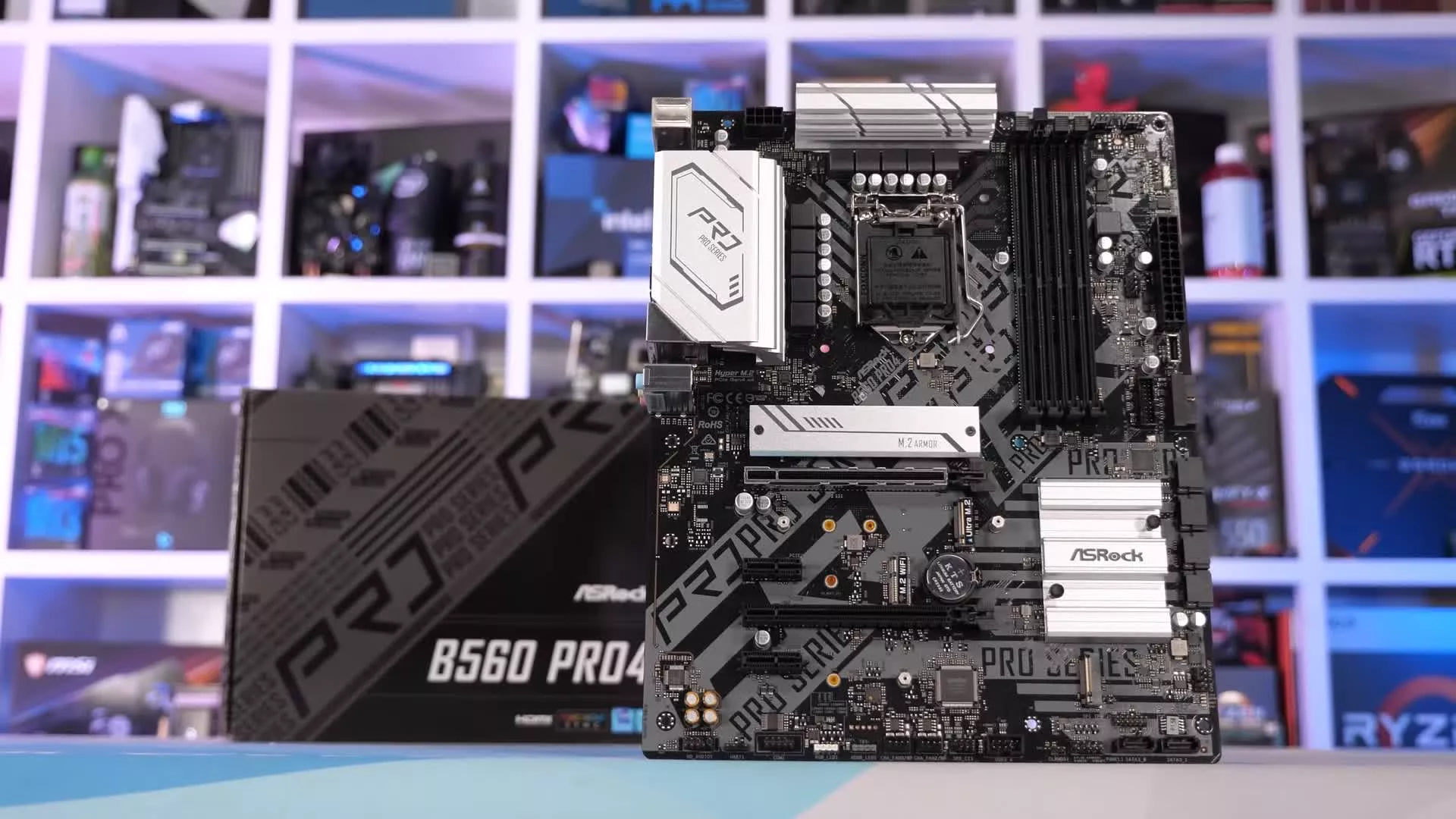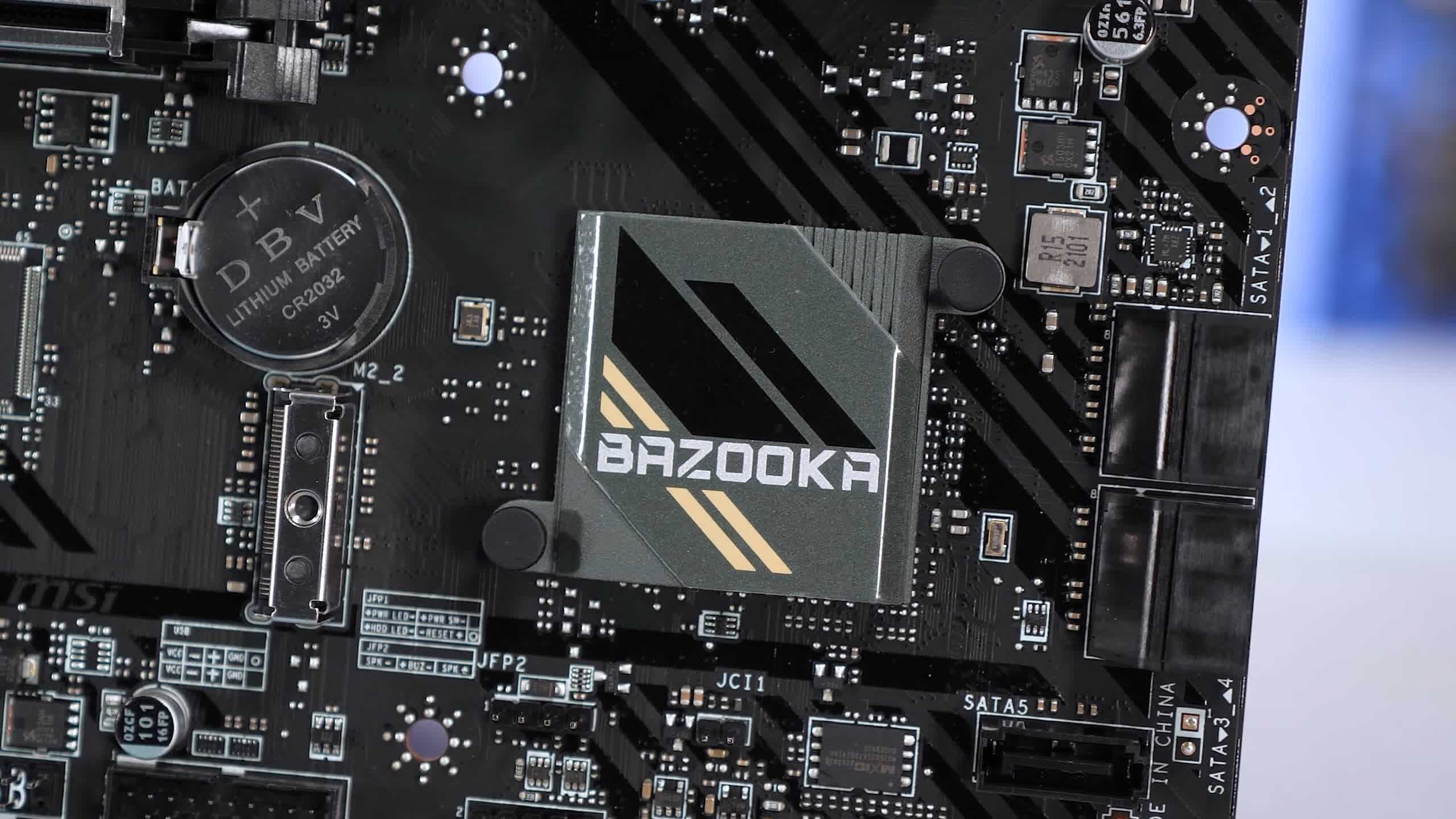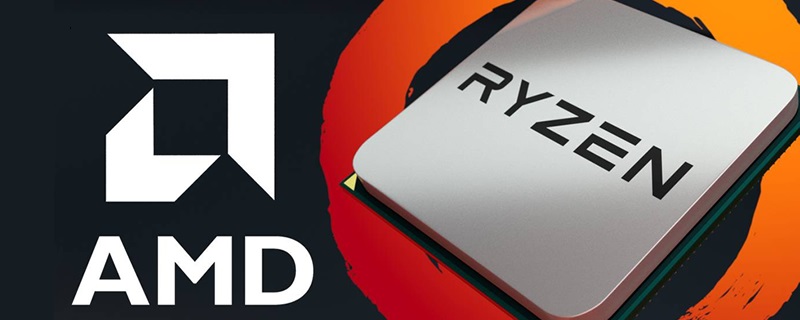The 6900k is not a mainstream CPU. It had more lanes, ecc and quad channel memory. It's not a like for like comparison at all.
So if next year AMD releases 32 cores the cost will be 2k? So how is that not being stagnant? Intel was not increasing the amount of cores per dollar for 10 years, but AMD doesn't either. If we are going to get a price increase for every added core per generation then what's the point?
At least the 8700k had 50% more cores than its predecessor at the exact same price.
I know the i7 6900k is not a mainstream CPU, and so did AMD, that is why the 1800X was such a terrific move by AMD, very much the same CPU performance as the 6900k, but at mainstream price, the extra PCIE lanes were not required by many professionals, including myself, but the performance at a lower price was. And the 7700k was not even in the same league in professional workloads compared to the 1800x, thanks to only 4 cores. AMD moved what used to require Intel HEDT CPUs into the mainstream segment. The 1800x was a great CPU for the market place at the time, and fierce competition for the 6900k. The 1700x was better value if you overclocked (which I don't).
I have no idea what AMD will charge for 32 cores on the desktop, you will have to ask them. And you can ask Intel what they will charge for their 32 core competitor as well, might as well ask them for the price of their 16 core 5950X competitor as well, but they don't have one. We can get prices for CPUs that AMD and Intel have competitors for in the segments they actually have products in, that's how this works.
But from a business point of view, what do expect? You want AMD to charge 400$ for their brand new 16 core CPUs? And then what, Intel will charge 200$ for their brand new 10 core CPUs? I find that highly unlikely, especially with no competition from Intel, and not even Intel will charge such low prices for their brand new top tier chips, which is why Intel don't. So the chances of AMD charging 400$ for their brand new 5950X is as low as Intel charging 200$ for their brand new 10 core. And technology wise, prices do not move like that historically, at least not so quickly, and competition will be required.
Intel has to be willing to charge the prices you want in the segments you want to get AMD to do the same, you keep taking Intel out of the picture, so you do not have a complete picture. The market is the way it is because of Intels stagnation, and we need Intel to bring some competition (in core count, performance, and price) to actually get the competitive prices from AMD that you would like.
The 8700k had to launch with a compelling price and more cores, thanks to AMD forcing Intels hand. And the 8700k was up against the 2700X, which was also cheaper than the 1800X that preceded it at 329$, the 8700k launched at 305$, so two less cores for a little lower price. So still in AMDs favor in terms of price per core. But that's what competition brings, thanks for proving my point.
And price per core may be the same (or higher), but performance per core has gone up, at least on AMDs side, gen on gen AMD has brought more performance per core, and has got us up to 16 cores on the mainstream desktop, and for people such as myself, that is a godsend, and exactly why I payed 1000$ (I live in South Africa so when converted that is what I payed), for my 5950X. I have no need for Threadrippers extra cores and features, but I do need the cores and a lower price. Intel's competing products are non-existent, and Intels HEDT line is poorer value over all for me.
But Intels prices were the same, because Intel has stagnated, the only thing Intel improved was core count (thanks to AMD), but they are still well behind AMD in core count and performance, and we only saw Intels first new architecture on the mainstream desktop in years with Rocket Lake, which is underwhelming at best. AMD is firmly in competition mode, Intel is playing catch-up after almost a decade of stagnation. We have to wait and see if Intel returns to form, and if Intel is willing to compete with AMD in all segments, and what price they will charge for their products in those segments.

 www.techspot.com
www.techspot.com

 www.techspot.com
www.techspot.com
